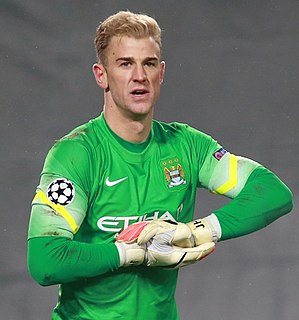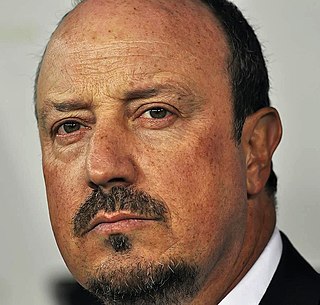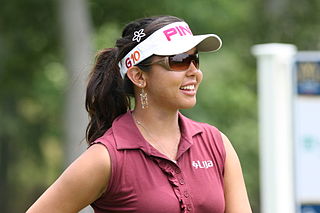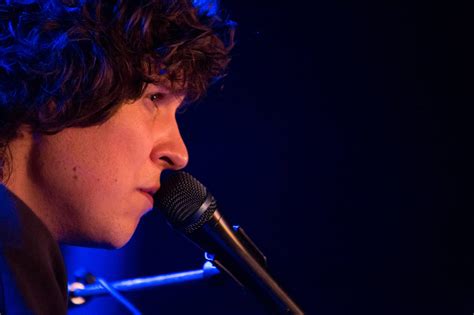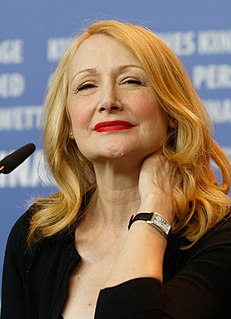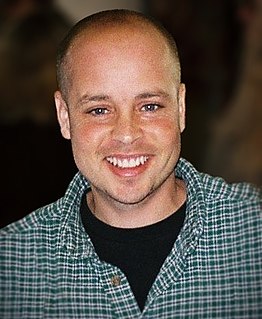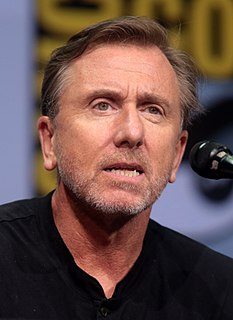A Quote by Marjane Satrapi
I think the best work of the director is to listen to what all the technicians around him have to say, but then the thing is to take the best decision, what you think is the best. Then, that is the moment where you have to have all the film in your head and imagine how all of that will fit together.
Related Quotes
Composing is to think. It is to have your mind trying to find what is the best sound that the movie is going for: the best melody, the best texture, the best structure and dramaturgic arc for the film. Then you discuss that with the director. He's the leader. He's the one showing you the path to follow to find the soul of the film.
You can work really hard on your physicality, on your craft, on the films you do. You can choose the best of directors, the best of productions, get the best technicians, you can put your entire body and soul into the making of a film, but at the end of the day, it all depends on the mood of that one audience member that goes into that theater.
My impression of Donald Trump, just having been around him. I don't think Trump needs a lot of advisers. I don't think Trump's sitting up there not knowing what he thinks, not knowing what he thinks is best. I don't think that as these things come and go, he runs around, "What do you think I should do?" I think what happens is he makes up his mind he wants to do something and then asks people how's the best way to make it happen. He goes and talks to the military.
I had done it all in my career. I always felt, as a kid, that that's what a director needed to be. Hitchcock could do anything in my mind. He's the director. That person has to be the best actor, the best designer, the best cinematographer. Then I came to realize that isn't the case. You just need to surround yourself with the best.
I have been doing this for a long ,and it is the players who learn who you need to work with. You have to coach them to think and understand the game. If they cannot, then you have to tell them, 'You have to do this anyway,' but the best thing to do is say, 'Listen, if he is doing this, then maybe you have to do that.'
Looking back on my whole experience, the biggest takeaway was just being proud of what you do, and knowing that it's okay to do your best even if it's not the best. That's sort of the theme. I mean, obviously I'm not the best singer, obviously I'm not the best piano player or the best songwriter, but I'm doing my best on all of 'em. Once you have all those things in place, then I think everything falls the way it should.
At the core, I am an actress. And I think, in a way, that's a good thing in that I am, I think, empathetic and sympathetic to the film. I would never pretend to have the discerning and acute critical eye that a lot of the great critics in our business do have. I don't look at it as being a critic or placing a judgment on a film, and I do think, how do you decide which film is best anyway? It's always a little bit of a mixed bag. But, I think it is just a collective group of people coming together to honor the work of an artist - that's how I think of it.
It's true that I don't think I'd be a good director. If I were a director, I'd try to hire the best people I could and then leave them alone. I don't know much about cameras or lighting, so I'd make sure that I had a really good cameraman who understood lenses and lighting, and I say to him, "This is the scene we have to shoot and this is what I think it should be, you go do it." Same with actors. But really, very good directors who know everything do basically the same thing. They hire you and then they leave you alone.
Before writing a single note of music, and even before the spotting session, I find it best to sit down with the director and just listen to him or her talk about the film - what they're trying to say, what they want the audience to understand or believe, and a thousand other similar questions. The director has most likely been living with the film for years before a composer is attached, and so the director's inclinations, desires, and understanding of the film are paramount.



